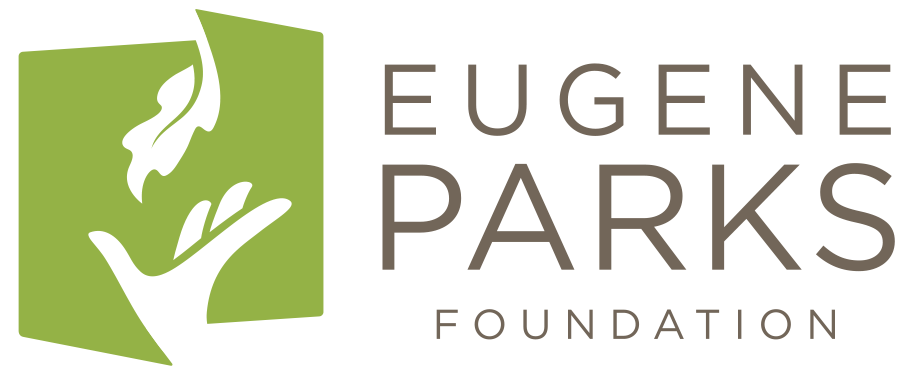Q: Why should we build more parks only to see people camping in them?
- The beginning of the pandemic produced a state of emergency. The Centers for Disease Control (CDC) and Lane County Public Health recommended that people who were camping remain in place. There was an uptick in camping across the City. Ultimately, the City responded by allowing people to camp in a managed campsite in Washington-Jefferson Park and at a site along 13th Avenue. There is a shared recognition that this was not an ideal scenario and is unlikely ever to happen again.
- While 3,000 unhoused people are believed to be in Eugene (the number varies with the season), only between 50 and 200 people are looking to camp in Eugene’s parks, with most concentrated in Eugene’s urban core parks.
- In order to address park rule violations, The City’s Parks and Open Space division has activated two Eugene Police Park Resource Officers, two full-time park ambassadors, and seasonal park ambassadors. There is also a team dedicated to any necessary cleanup. The Parks and Recreation Levy on the May 2023 ballot would add two park ambassadors and another illicit activity cleanup team member.
- At this time, approximately 90 percent of parks’ camping incidents will be prevented by City’s Park Ambassadors, with campers departing in less than 24 hours.
- Recent public surveys have shown that most of our community is satisfied with Eugene Parks’ maintenance and public safety while also wanting the City to prioritize public safety measures.

How do we ensure that our parks/structures/amenities remain in good shape in the future?
- In 2018 the City adopted the Parks and Recreation System Plan – a 30-year strategic plan calling for new parks and trails, improved access to the Willamette River, revitalized pools, and more recreation opportunities in underserved areas. Over 12,000 community members participated in creating the plan.
- The 2018 Bond measure, which generated $39.5 million, was created to begin addressing the first ten years of implementing the strategic plan. The bond measure supports 17% of the plan’s identified projects.
- In addition, a Parks Levy adopted in 2018 produced $3.15 million annually dedicated to increasing daily general park maintenance, increased safety, and trails and natural area improvements.
- In May 2023, Eugene will vote on renewing the Parks Levy at an annual amount of $5.33 million. The new levy will continue the work of the 2018 levy for another five years while enhancing public safety and cleanup associated with illicit activity. During this time, the City will pursue more sustainable funding for park maintenance.
Why do we need the Eugene Parks Foundation (EPF) to continue raising private money for building additional parks and creating recreational amenities when funding is generated by the Parks Bond, the Parks Levy, and the taxes that support Parks and Rec?
- Based on the Parks and Recreation System Plan and the 2018 Parks Bond, which the City uses to implement the plan, it is clear that the community’s needs surpass available public funding. The reality is that many projects will not get done promptly or at all, given current resources.
- Moreover, while municipalities tend to provide basic services and amenities, a private-public partnership often yields more creative and inspiring projects, as our community deserves.
- EPF recognizes that legacy maintenance is a community concern and is building a parks maintenance endowment fund and a corporate sponsorship program to supplement the City’s efforts to keep our parks in great shape for future generations.
- Eugene citizens have a long history of investing in their parks and natural areas. EPF is the obvious choice for donors passionate about promoting community well-being through accessible recreational opportunities.

What is a Parks Maintenance Endowment, and how does it work?
- Endowments are investment vehicles that generate income for non-profit organizations to support their long-term finances. They are often structured so that the principal remains untouched.
- Returns on an endowment are relatively modest (usually around 5%). This steady stream of additional income can produce significant stability and impact over the decades.
- Endowments are a popular way for donors to give money and support to organizations they care about. A significant advantage of donating to an endowment is that donations are almost always tax-deductible. As a result, endowment donations often fit in well with a donor’s financial planning.
- As part of its sustainability plan, the Eugene Parks Foundation has a long-term strategic goal of building an endowment to support large capital projects and any short-term park maintenance should the City have a severe economic deficit.
